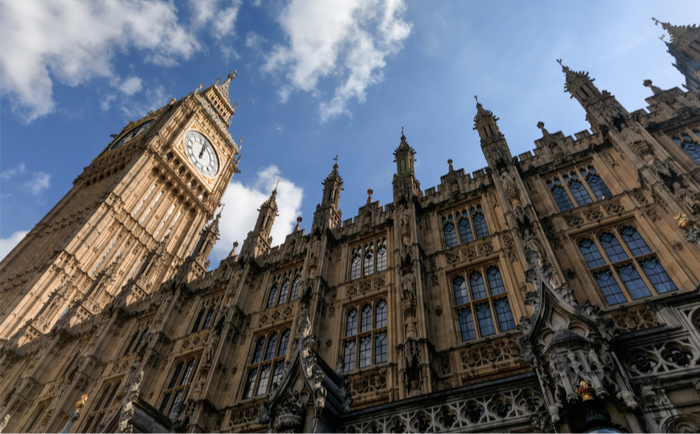Railpen, a UK pension fund with £37bn under management, says companies “should use” new sustainability reporting standards issued by the International Sustainability Standards Board (ISSB).
The standards, known as IFRS S1 and S2, were published in June this year but Railpen is among the first investors to declare an expectation that invested companies should use them.
In a note on the fund’s voting guidelines this week, Railpen says it views S1 and S2 as a “minimum”. The largest fund managers are yet to offer their views.
Railpen says in its note that “climate justice” is critical to the transition to net zero and to a “resilient future”.
“However, ‘what gets measured, gets managed’, which is why Railpen has clarified expectations that companies should use IFRS’ S1 and S2 disclosure requirements on sustainability- and climate-related risks as a minimum.”
The declaration comes in the same week as the COP28 summit in Dubai on climate change settled a final agreement for the world to “transition away” from fossil fuels.
Many campaigners are disappointed the agreement made no explicit mention of “phasing out” coal, oil and gas.
Other fund managers have yet to make statements as strong as Railpen’s on IFRS. Legal and General Investment Management’s 2023 guidelines say companies should “align their sustainability reporting to best practice frameworks”.
Elsewhere, BlackRock, the world’s largest fund manager, “encourages” companies to apply TCFD reporting guidelines and “supplement” with standards from the ISSB.
In August, the government said it would consider creating new “sustainability disclosure standards” (SDS) based on the IFRS models with a view to completion by July 2024.
‘Globally comparable’
A statement said at the time: “By using IFRS sustainability disclosure standards as a baseline, the aim is for the information companies disclose under UK SDS to be globally comparable and decision-useful for investors.”
Assessment of the new standards falls to the UK Sustainability Disclosure Technical Advisory Committee, or TAC, which will provide recommendations to the business secretary. TAC is staffed by officers from the UK’s governance watchdog, the Financial Reporting Council (FRC).
However, implementation advice on new standards will come from a committee made up of members of the Bank of England, the Financial Conduct Authority, the FRC, HM Treasury and the Foreign Office.
Progress seems set but government has recently demonstrated a willingness to veer away from new regulation. In the summer, the prime minister softened plans for the introduction of electric vehicles. The Department for Business and Trade also cancelled plans for boards to report on their risk and resilience preparations.
The FRC has also recently cut provisions from the UK Corporate Governance Code that would have seen boards report on their monitoring of “narrative reporting and sustainability issues”.
Substantive change in the UK’s sustainability reporting is needed. The EU is a forging ahead with the Corporate Sustainability Disclosure Directive, which effectively sets a climate and human rights agenda for EU-based companies. The mood in the UK in some quarters is for a “regulation-lite” approach, post Brexit. Railpen’s note reminds policymakers that sustainability matters.





